Since it takes very patient and astute executives to pull off highly successful mergers, far too many of them fail. There are just too many ambitious people who overlook critical factors that should be carefully weighed before trying to acquire another company. Furthermore, you need to have keen insights into our volatile American economy to know exactly when to negotiate a favorable deal.
The following information sheds some light on the rather careless attempts to merge Novell and WordPerfect, AOL and Time Warner, and HP (Hewlett Packard) and Compaq.
Combining Businesses Requires Great Expertise
When Novell and WordPerfect merged. If you’ve spent much time typing on a computer during the past two decades, there’s a strong chance you’ve used WordPerfect at some point. Back in 1986, WordPerfect (WP) had actually become the top-selling word processing software. Yet it still had to battle Microsoft for market share. When 1994 arrived, some executive believed it would greatly help WP to merge with Novell, Inc., a leading software company. Unfortunately, this match had problems from the start.
Apparently, the two companies had very different management styles. Shortly after the merger, there were “layoffs at both companies and a steep drop in share value.” Just two years after that, Novell wound up selling WP to Corel, “for $1 billion less than they had paid;”
When AOL merged with Time Warner. This merger was so big that few people thought it could fail. Nevertheless, in January of 2000, “Internet service company AOL and the media giant Time Warner announced that AOL would buy Time Warner for more than $160 billion in the largest merger in corporate history.” In hindsight, one insider has said that the two corporate cultures had very few similarities. Richard Parsons, president of Time Warner said, “. . . It was beyond certainly my abilities to figure out how to blend the old media and the new media culture.” The two companies are now once again separate entities;
When Hewlett Packard (HP) merged with Compaq. Given the popularity of these companies’ products back in 2001 when they merged, many thought there might be a smooth transition. However, there were others who viewed the merger as “ill-fated from the start.” Some critics have said that “the HP engineering-driven culture was based on consensus and the sales-driven Compaq culture on rapid decision making.” Whatever caused the merger to fail, it’s now been estimated that there was a loss of $13 billion in market capitalization. Although HP continues to do rather well today, “[this] merger itself was widely regarded as a failure.”
To obtain help with handling all of your Georgia business planning needs, please contact Shane Smith Law today. You can schedule your free initial consultation with a knowledgeable Peachtree City estate planning attorney by calling: (980) 246-2656.


